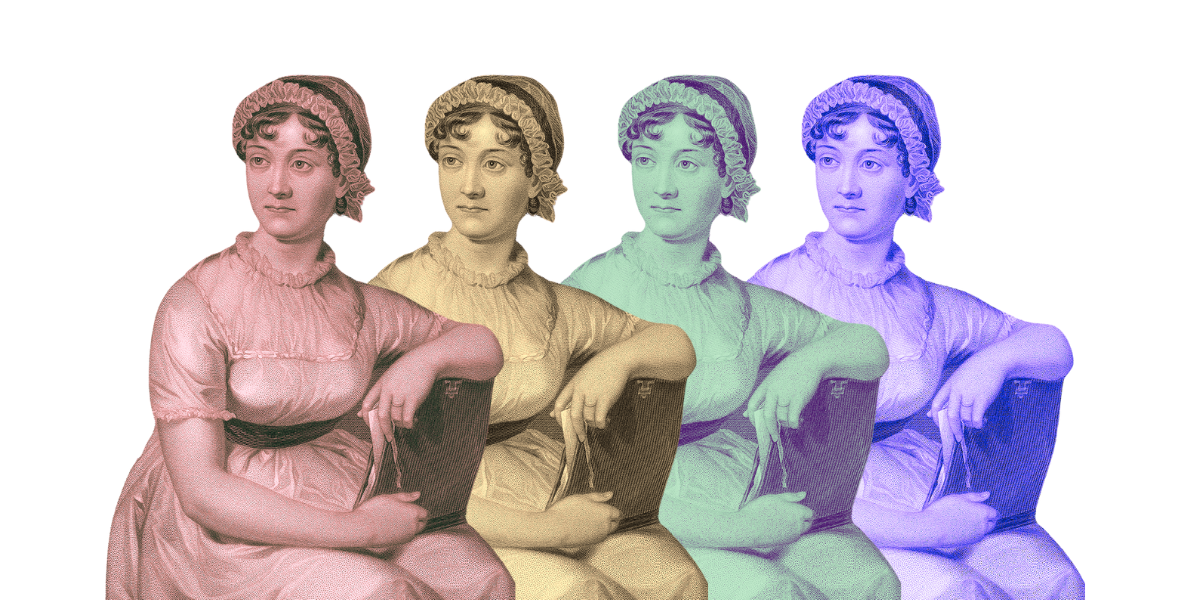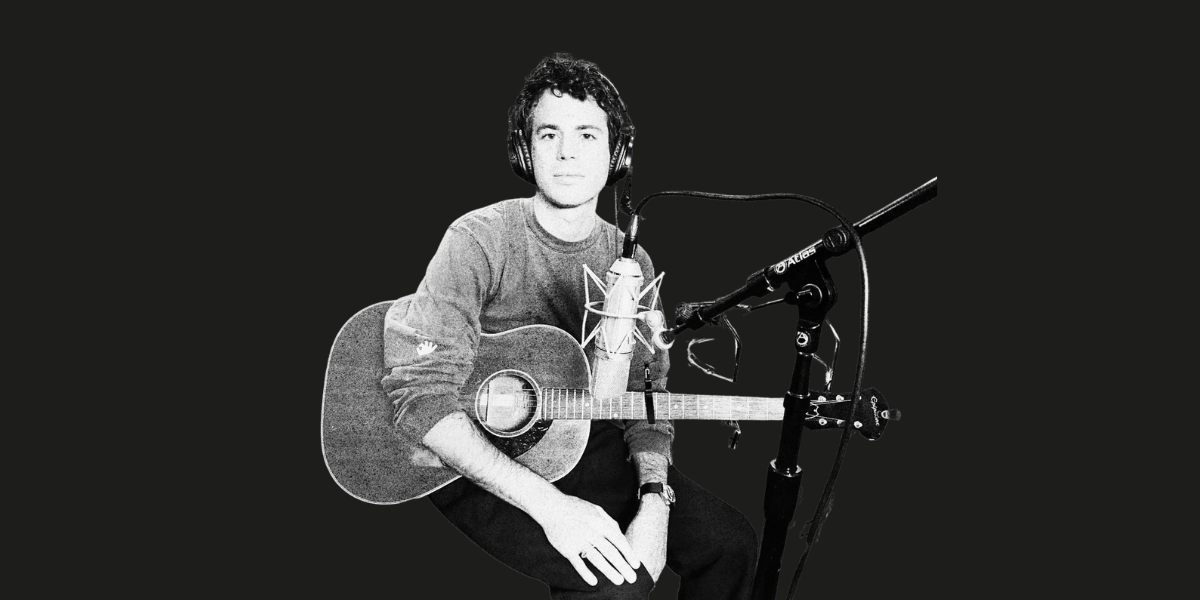This is a guest post by Dorothy R. Santos. Dorothy is a writer, editor, curator, and educator. She served as the managing editor for Hyphen magazine. Her essay “Materiality to Machines: Manufacturing the Organic and Hypotheses for Future Imaginings,” will be published The Routledge Handbook of Biology for Art and Architecture in 2016. She teaches at the University of California, Santa Cruz in the Digital Art and New Media department.
Every morning, I flick at my smartphone screen and read the news. I watch for some of my favorite writers in art, technology, and cultural criticism. I used to marvel at how quickly some of my favorite writers and journalists could produce content in such a prolific manner. But having done that made me spiral into some major neuroses about my writing as well as assuming the impostor syndrome. Sure, I make a fine editor because it's always easy to critique anyone else's writing but your own. It's also easy to say to yourself that you're never going to meet the same ranks as the writers you admire. So, when I asked myself, "what is a successful writer?" I went way back into my grammar school days.
I remember being in English class when I was growing up and thinking how amazing it was to learn about subjects, predicates, nouns, and conjugating verbs. I think that was in large part due to the fact that I grew up in a household where multiple languages were spoken. To some degree, it helped and would stick with me for a long time. But it was also relatively confusing. How would I communicate in the long run? How would I use language? Over the years, I forgot how passionate I was about learning language until I had to serve as an editor in chief in college and in hindsight, it was probably because I was easy to work with and could be told what to do (and very impressionable).
Overall, after all this time, I think what makes a writer successful is doing one thing - letting go.
You might ask, what do you mean by letting go and this just sounds like so many other self help books and a little too easy? That's not real advice, you might be saying. But take it however you want. It's not about resignation, that's different. When you are resigned, you don't try, you don't fight, and you don't care. Letting go isn't about having an "IDGAF" attitude either. You must respect yourself as a writer to know what you are passionate about and commit. If you're the only one on earth that wants to write about the creation of the microprocessor or fascinated by the proliferation of #whatarethose meme, well, write about it. Write to yourself. Write for yourself. As writers, I understand the need for an audience, I mean, let's face it, readership is important as a writer. But your reader reads your work because they see that you care. Another question you might be asking yourself is, "Okay, let go of what exactly?"
It's been challenging because I was born and raised in an immigrant family that did not exactly foster my passions in the arts and humanities. When my mother immigrated to San Francisco in 1978, she didn't exactly know what she was stepping into, but rallied her resources as best as she could and sent me to private school for as long as financially possible. Right away, she saw my love for the arts and language as a little girl. Yet she wanted me to grow up skilled in something practical that would yield me the life that she didn't have in the Philippines. That being said, your past and upbringing have a lot to do with the way you define success. What you do and how you make your mark have a lot to do with personal histories and experiences and, sometimes, letting go of what you have been told time and time again will result in precarious living, doesn't hold true when you let go and start living the life you want. It's challenging, it's tough, as a writer, but for all of the writers I know and deeply admire, I notice the one thing they did along the way that has led to what I perceive and acknowledge as success is to let go.
Letting go of naysayers, unproductive criticism, feeling like an impostor, perfection, the need to be right, the fear of being wrong, rigid structures that prevent you from growth, toxic people/personalities, habits that prevent you from actually writing.
I've said "I wish I just had more time" as well. But don't we all? You gotta let go of that too. So, what would you do with that extra time? Where is that extra time going? At the end of the day, being a successful writer actually doesn't mean writing for the biggest news outlets or even writing the best essay, article, or book. Being a successful writer means that you've written something you believe in and it can help illuminate something for someone. It doesn't have to be perfect and it doesn't have to be award winning. But it has to be something you feel the world needs and couldn't live without because if you don't write it, it doesn't exist and if it doesn't exist, it probably never will. At least not from your perspective, your vision, and your experiences.
Don't worry about someone misunderstanding or not getting it, that's actually not a part of being successful. There will always be people that don't get something because they genuinely don't get it or because they intentionally don't want to understand. Remember that it's not your job to make people understand. It's your job to think, read, write, and initiate the thoughts of others into thinking deeply about the world around them. You may be the only person writing what you write. Or, you might say that that's been written before. Whatever the case, write gibberish, write crap, then look at what you write and start over. Writing is the place where you can command language and expand on it however you want. It's really up to you to do what you want with it. But taking responsibility for the things you write is another aspect of writing that you need to take into account. You can always change your mind. In the long run, it's also about a nice long conversation with culture itself and how it's changed and where you want to see it go and how you're making your mark as well. So, what are you waiting for?
Let go.






























